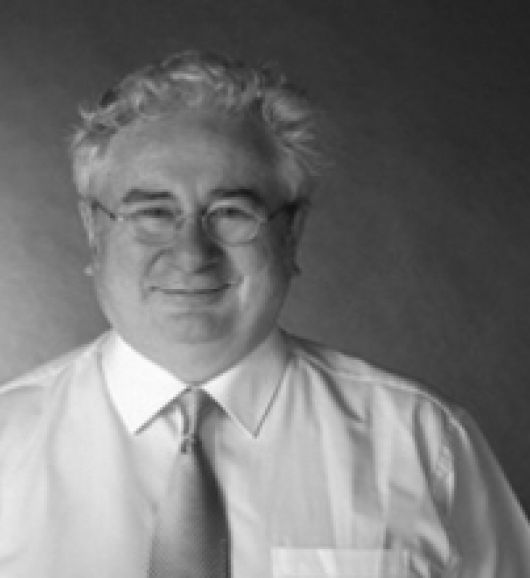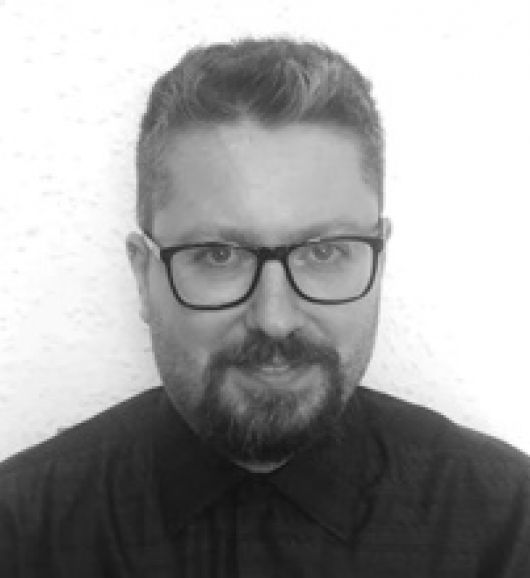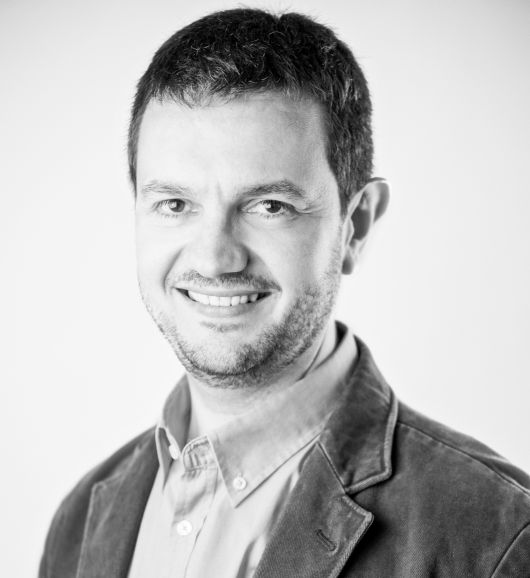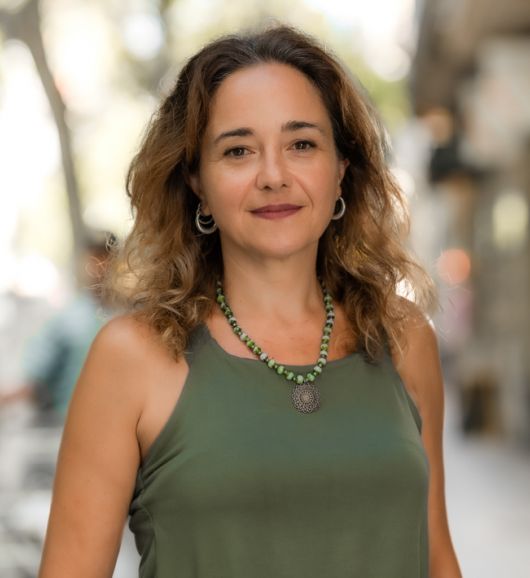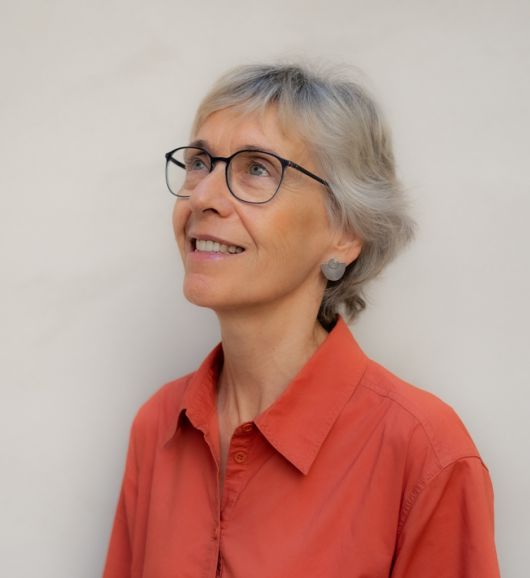INTERNATIONAL SYMPOSIUM: «Innovative Pedagogies for Powerful Learning. Innovative pedagogies as driving force for equity and quality in Education»
The International Symposium «Innovative pedagogies as driving force for equity and quality in Education» was held in Sant Pau Art Nouveau Site, in Barcelona, on 27th and 28th April. It was organized by the OECD, the CIDOB and the Jaume Bofill Foundation, and involved the participation of numerous international and local education experts.
While the Department of Education of the OECD is focusing its research on teaching and learning, the agency recognizes that these areas are the core and of the educational quality. They also highlight the lack of innovation in these areas and the need to study to achieve a fairer, more effective and better learning system that meet the needs of xxi century societies. This project is part of the new international research project Innovative pedagogies for Powerful Learning (IPPL), developed by the Centre for Educational Research and Innovation (CERI) in collaboration with the Jaume Bofill Foundation.
The IPPL seeks to influence thought and international educational policy frameworks, impact on training programmes, in leadership and teaching practice through research and connection of evidence at international level about education, learning and innovation.
Educational innovation is often perceived as a key strategy for improving educational quality. We wonder, however, if it is also so important in the fight against educational inequalities. How can pedagogical innovation be integrated into the reform agenda to ensure the improvement of students in disadvantaged environments?
That is why on 27th April and, as a warm-up before the Symposium, some experts involved in this research developed several work seminars.
Participants:
- Gaëlle Chapelle, Researcher at the Université catholique de Louvain, Belgium.
- Hanna Dumont, Researcher at the Department of Educational Governance at the German Institute for International Educational Research.
- Jelmer Evers, History teacher at an innovative secondary school called UniC in Utrecht, the Netherlands.
- David Istance, Senior analyst and Project director of «Innovative Pedagogies for Powerful Learning», OECD.
- Marc Lafuente, OECD analyst and currently working on a new project on innovative pedagogies at the OECD’s Centre for Educational Research and Innovation.
- Nancy Law, Professor and Founding director of the Center for Information Technology in Education (CITE), University of Hong Kong.
- Anthony Mackay, General director of the Centre for Strategic Education in Melbourne, Australia.
- Elisa Martellucci, Project manager at the Centre for European Policy Studies (CEPS).
- Mariana Martínez-Salgado, Educational consultant, France.
- Valtencir Mendes, Head of International Projects, Jaume Bofill Foundation.
- Josep Maria Mominó, Professor of the Faculty of Psycology and Education Sciences at the Open University of Catalonia, and Researcher in the Internet Interdisciplinary Institute (IN3) at the same university.
- Mònica Nadal, Research director at Jaume Bofill Foundation.
- Amelia Peterson, Teacher at the University of Harvard, where she is also studying the development of innovative education policy agendas across many countries at the Harvard’s redesign Education Lab.
- Mike Sharples, Chair of Educational Technology at the Open University of the United Kingdom.
- Anne Sliwka, Professor and Chair of Education at the University of Heidelberg.
- Anna-Thysen Thum, Economic analyst at the European Commission (DG Economic and Financial Affairs), PhD in Economics of Education and co-author of a research work at NEUJOBS about the use of teaching innovation to reduce educational inequality.
On April 28th, the day began with a panel discussion with local and international experts, to discuss what is needed for innovation in teaching and what the objectives of this innovation are.
To advance research and analysis, the next work session was done in groups to work and make contributions on different aspects:
- Working Group 1: «Learning environments and innovative educational initiatives. Enablers and obstacles»
- Working -Group 2: «Young people in the digital age»
- Working Group 3: «How to run educational innovation centres of high complexity? Innovative practices as a response that goes beyond educational policy reform»
The last part of the symposium was open to the public and consisted of two round tables.
- Round table: «Is the educational policy reform in support of equality the only solution? The contribution of innovative practices in schools»
- Panel: «Innovative pedagogies to reduce inequalities. Case studies from Europe and Catalonia»
And finally, the symposium was attended by Ms. Meritxell Ruiz, Minister of Education of the Generalitat of Catalonia, which concluded working sessions by saying that «innovation is possible because we have a great will from teachers to achieve this as a reality in our schools».


